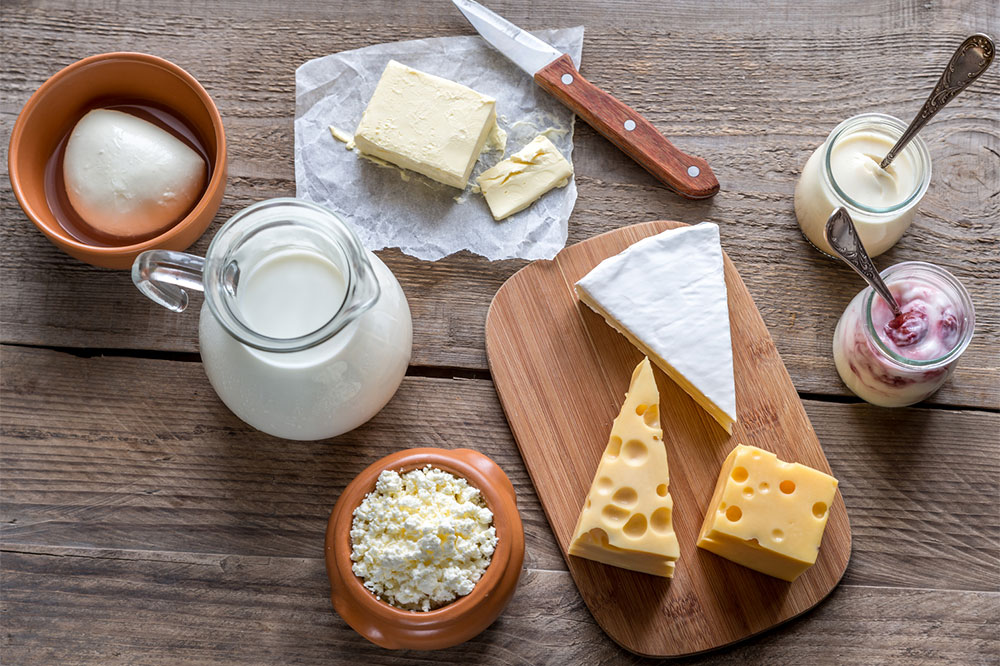Foods that people with eczema should avoid

Eczema, scientifically known as atopic dermatitis, is a skin condition that leads to dry and itchy skin on the body. It is usually caused by inflammation. One can tackle this condition’s symptoms by eating the right foods and avoiding the wrong ones. The wrong foods can often trigger flares and worsen the condition. Read on to learn more about the foods that should be eliminated from your meals if you have eczema.
Cow’s milk
Cow’s milk is one of the most common eczema triggers in children. In rare cases, it can also cause flares in adults. However, completely removing milk and dairy products from a child’s meals can lead to vitamin and other deficiencies. Instead, this food should be avoided only in cases of severe eczema. Doctors can also suggest food substitutes for cow’s milk.
Eggs
Eggs are commonly known as eczema triggers in both adults and children. While the reason behind this is unknown, studies show that almost 70% of those who have eczema are allergic to eggs. Aside from this, long-term consumption of raw eggs can lead to biotin deficiency, triggering eczema.
Soy
Soy and soy products are rich in amines that can trigger eczema. Individuals suffering from eczema can avoid soy by reading the labels carefully because soy is present in many foods including chocolate and tea.
Tomatoes
Those suffering from eczema should avoid tomatoes and foods that contain tomatoes. Tomatoes are rich in salicylates, amines, and natural MSG. All these chemicals are known to trigger an eczema flare.
Peanuts
Peanut is one of the most common allergens across the globe. It is so common that people with eczema are more likely to develop a peanut allergy. It is crucial to avoid peanuts and foods containing peanuts to prevent an eczema flare-up.
Oranges, kiwis, and grapes
All three fruits are highly acidic and are rich sources of salicylates and amines.







